From our friends at QueerCircle a new programme of monthly events and online support forums…
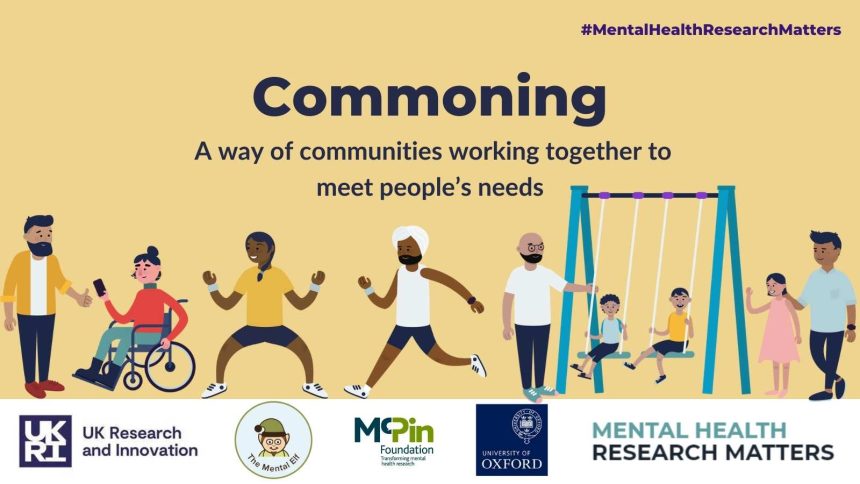
Co-Production, Commoning, and Community Empowerment
Georgia Gardner shares her experiences advising on Dance/Connect, a project funded by the Loneliness and Social Isolation Mental Health Research Network. During her time advising on the project, she noticed similarities between coproduction – the process of researchers and experts by experience collaborating to create research together, with commoning – a way of communities working together to meet people’s needs. In this opinion piece, Georgia makes the case for non-hierarchical collaborative research that benefits both the researcher and experts by experience.
In July 2021, I joined the intergenerational and youth advisory committee of Dance/Connect (2021-2022). Dance/Connect is a study led by Dr Katey Warran, at University College London (UCL) funded by the UKRI Loneliness and Social Isolation in Mental Health Research Network (LSIMHRN). Katey and the Dance/Connect team wanted to explore how online group dance may support the social and mental wellbeing of young people with anxiety.
I was interested in joining this project as I saw similarities to my independent research, which considers how cultural production and art affects and reflects psychological recovery, and, at the time, I was specifically considering dance.
My role within the Dance/Connect committee involved advising on the design of the study, working with Laura Wright to co-facilitate focus groups and reflective exercises for our Dance/Connect participants and the delegates at the Scottish Ballet’s Moving Minds conference, co-authoring on a journal article, and co-presenting about the study at talks and seminars. Like all of the LSIMHRN-funded studies, researchers and lived-experience experts co-produced this project from start to finish.
While working on Dance/Connect, I noticed how co-production is reflective of the grassroots social organisation strategy of commoning. Commoning refers to the social action of collaboration and reciprocal engagement in a network of individuals to serve the needs of the community.
I see cultural uses of commoning and the process of co-production as forms of, not just community involvement or creation, but community empowerment and mutuality.

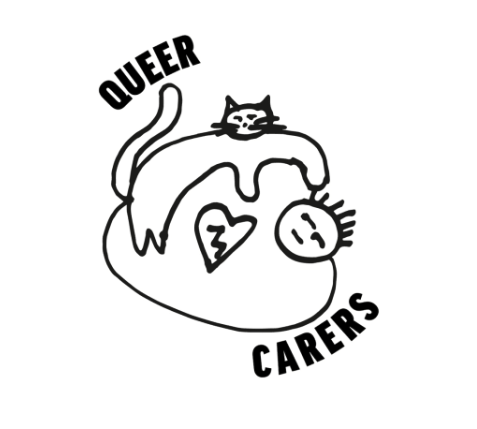
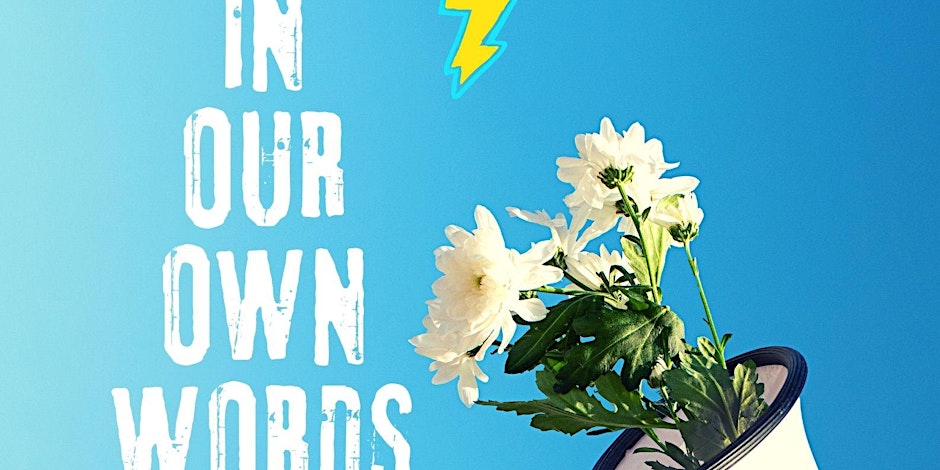


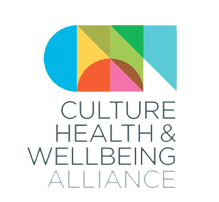

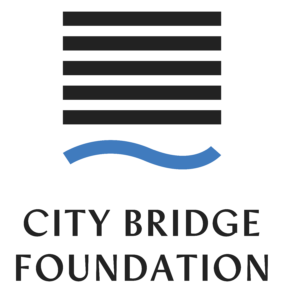
This Post Has 0 Comments